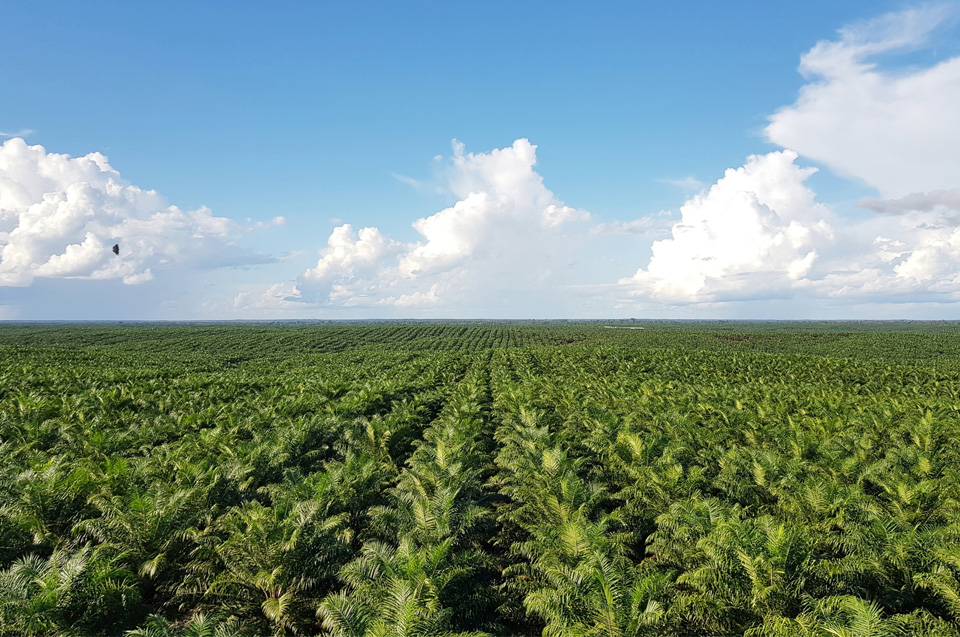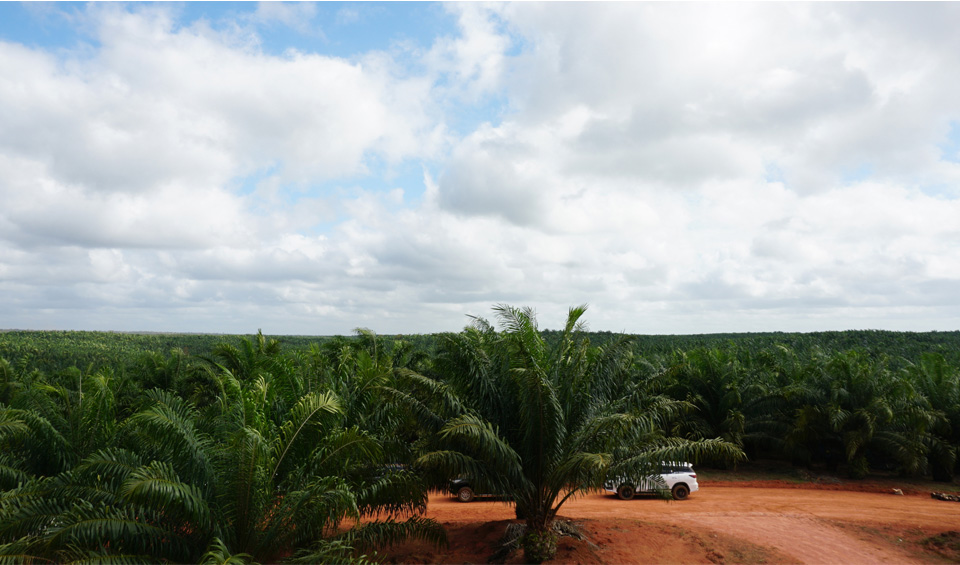Produced 208,000 tons of palm oil in 2023, the largest amount in its history since entering the business in 2011
Now striving to expand the value chain by jointly entering the palm oil refining business
Producing palm oil in accordance with environmental standards required by the international community
POSCO INTERNATIONAL announced that its palm business has become a major source of revenue for the company, with sales of USD 163.6 million (approximately KRW 213.8 billion) and operating profit of USD 52.56 million (approximately KRW 68.6 billion) last year.
Since beginning its farm plantation development in Papua, Indonesia, in 2011, the company started commercial production in 2016 and is on the right track, achieving its largest production volume of 208,000 tons in 2023.
Its PT.BIA corporation, the locally established company to run the farm business, turned profitable in 2018 and recorded sales of USD 44.82 million and operating profit of USD 6.35 million in 2019. In particular, in 2022, the company achieved record sales of KRW 219.6 billion and operating profit of KRW 102.2 billion for the year due to higher selling prices caused by rising oil prices and supply chain disruptions from the war in Ukraine. Until last year, the average annual profit margin of the palm business was 33%, contributing significantly to the improvement of
the company’s operating profit margin.

Its investment in palm plantations and infrastructure amounts to approximately USD 250 million, and considering the operating profit of approximately USD 230 million secured so far, the company has recovered most of the investment within six years of full-scale palm oil production.
The reasons behind the sustainable performance of the palm business are ▲optimal growing environment, ▲establishment of efficient infrastructure, and ▲systematic farm management.
First of all, Papua―the place of palm business operation―has the optimal climate and soil for the growth of palm trees. The palm plantation also has infrastructure such as roads and its own port for efficient transportation. Furthermore, the company is continuously increasing its palm oil production per hectare through systematic growth and production management based on scientific farming.

In addition, the company is actively expanding its value chain to advance its palm business based on profitability.
One of the best examples is its palm oil refining business signed with GS Caltex in October last year. The two companies invested USD 210 million to build a palm oil refinery in Kalimantan Timur, Indonesia, and plan to produce 500,000 tons of refined oil annually from 2025. Beyond refining, the two companies are also exploring the production opportunity of eco-friendly biofuel, such as sustainable aviation fuel.
In recent years, concerns about environmental issues in the palm oil business have been dissipating as more companies are following international standards for sustainable palm oil production.
Particularly, palm oil has the highest productivity per unit area of any vegetable oil, which is 10 times higher than soybean oil and 7 times higher than sunflower oil. Additionally, the strengths of this crop are well recognized by experts due to its ability to be harvested for over 20 years once planted, as well as being environmentally friendly by using less land and water compared to other plantations.
Meanwhile, the company has been striving to operate the sustainable palm oil business not only in terms of profitability but also in strict compliance with environmental standards required by the international community based on mutual growth with local communities. In 2020, it became the first Korean company to declare NDPE*, a policy for environmentally and socially responsible palm oil industry to protect the environment and the human rights and any other rights of local residents. In 2021, it obtained RSPO** certification, an international certification for sustainable palm oil, and ISO 45001, an international certification for occupational health and safety, in 2022.
*No Deforestation, No Peat, No Exploitation
**Roundtable on Sustainable Palm Oil
